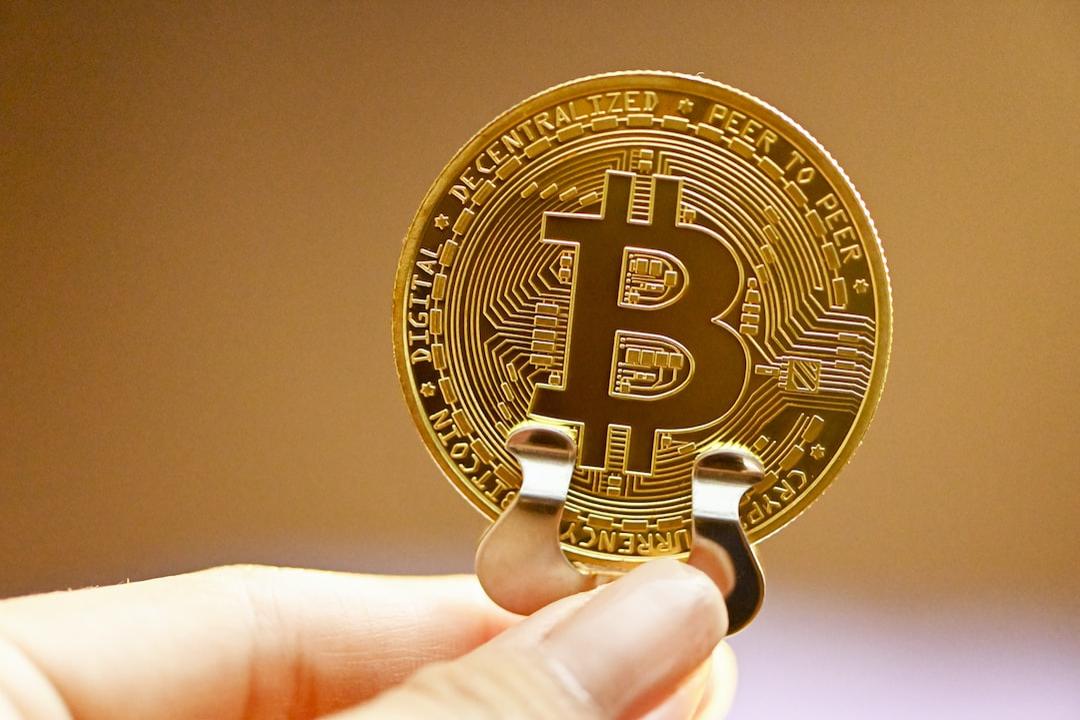El Salvador has terminated Bitcoin’s legal tender status. The decision was a result of pressure from the International Monetary Fund (IMF) in relation to a $1.4 billion loan. The new regulations make the use of Bitcoin entirely voluntary, allowing merchants and institutions to reject it, and it cannot be used for tax payments.
President Nayib Bukele has been a strong advocate for adopting Bitcoin as a solution for the national economy since 2021. However, a recent poll indicates that only 8.1% of the population still uses the Chivo Wallet digital wallet, and most respondents believe that the program has not benefitted them. Does this mark the end of the national Bitcoin experiment?
Many are questioning whether Bukele has truly abandoned his vision of making El Salvador a global Bitcoin hub. Despite losing its legal tender status, the government plans to hold Bitcoin in its strategic reserves, indicating that they have not completely abandoned it.
However, this decision is undeniably influenced by pressure from the IMF. The international banking institution has long viewed El Salvador’s Bitcoin approach as posing a significant financial risk. In order to qualify for billions of dollars in loans, the government has decided to limit the country’s exposure to Bitcoin.
The adoption of Bitcoin in El Salvador has faced numerous challenges since its implementation. Technical obstacles have hindered the use of the crypto-based payment system, leading most businesses to prefer US dollars over Bitcoin. Some small businesses have even reported difficulties in accepting Bitcoin payments due to the significant price fluctuations.
With this shift, businesses burdened by Bitcoin can now relax. If they do not wish to accept Bitcoin, they are not obligated to do so. However, for the cryptocurrency community, this decision could be seen as a setback to the national efforts for Bitcoin adoption.
Despite this, El Salvador’s Bitcoin ecosystem is not completely dead. Bitfinex Securities is set to issue BMN2 in the country, providing more accessible Bitcoin mining investment opportunities in a more flexible regulatory environment.
BMN1 and BMN2 differ significantly, with BMN1 requiring a minimum investment of $100,000 and targeting wealthy investors, while BMN2 sets a lower investment restriction, allowing more people to participate in the Bitcoin mining industry without significant capital requirements. This could be a new approach that El Salvador adopts to maintain involvement in the crypto scene, despite changes in the Bitcoin policy.
Although Bitcoin is no longer legal tender, the El Salvadoran government still appears to be interested in the digital asset. Keeping Bitcoin in strategic reserves indicates that they have not completely given up on it. However, the past few years have presented numerous challenges for El Salvador’s Bitcoin experiment, including low adoption, price volatility, and pressure from global financial institutions, leading the government to modify its policy.
Can El Salvador still become a “Bitcoin nation” in the future? Currently, it seems that they would prefer to take the safest route by maintaining open investment opportunities that do not compromise the country’s economic stability.


